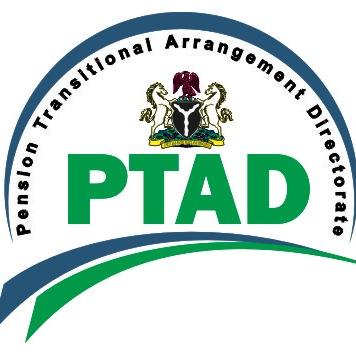
In its June 2023 monthly report, the National Pension Commission (PenCom) has revealed that Pension Fund Administrators (PFAs) in Nigeria have invested only ₦127.4 billion, equivalent to 1.3% of the total pension assets of ₦16.8 trillion, into Infrastructure Funds. This falls significantly short of the mandated benchmark of 15% stipulated by the Pension Reform Act of 2014 (PRA 2014).
This revelation follows the May report, where PFAs invested a mere ₦123.4 billion or 1.2% of the ₦16.1 trillion total pension assets into Infrastructure Funds.
Economic analysts point to the glaring insufficiency of infrastructural development in Nigeria due to a lack of adequate funding. This prompted PenCom to mandate PFAs to channel up to 15% of pension assets into Infrastructure Funds, a move intended to catalyze long-term financing for the country’s infrastructure growth.
The Chief Executive Officer of the Pension Fund Operators Association of Nigeria (PenOp), Mr. Oguche Agudah, highlighted a key challenge in pension fund investment in infrastructure: the absence of commercially viable investment avenues. Agudah emphasized that while pension funds hold promise as a potential source of private financing for infrastructure, their investment must take place through structured instruments such as bonds and funds. He emphasized the necessity for investments to be commercially sustainable, generating cash flows over time for repayment. Transparent bid and concession processes, backed by Federal Government repayment guarantees, are also critical to instilling investor confidence.
Agudah emphasized the need for a comprehensive legal and commercial framework for any proposed infrastructure fund. He noted that discussions have been ongoing regarding structuring funds for infrastructure investment while attracting both local and international investors. The industry, he noted, has made strides in funding various infrastructure projects directly and through funds, encompassing power plants, student accommodations, roads, and telecommunications infrastructure.
In summary, the discrepancy between the actual infrastructure investment and the mandated benchmarks underscores the challenges posed by the lack of viable investment avenues. The need for a robust legal and commercial framework, as well as transparent processes and governmental support, is critical to fostering increased pension fund investment in Nigeria’s infrastructure development.




